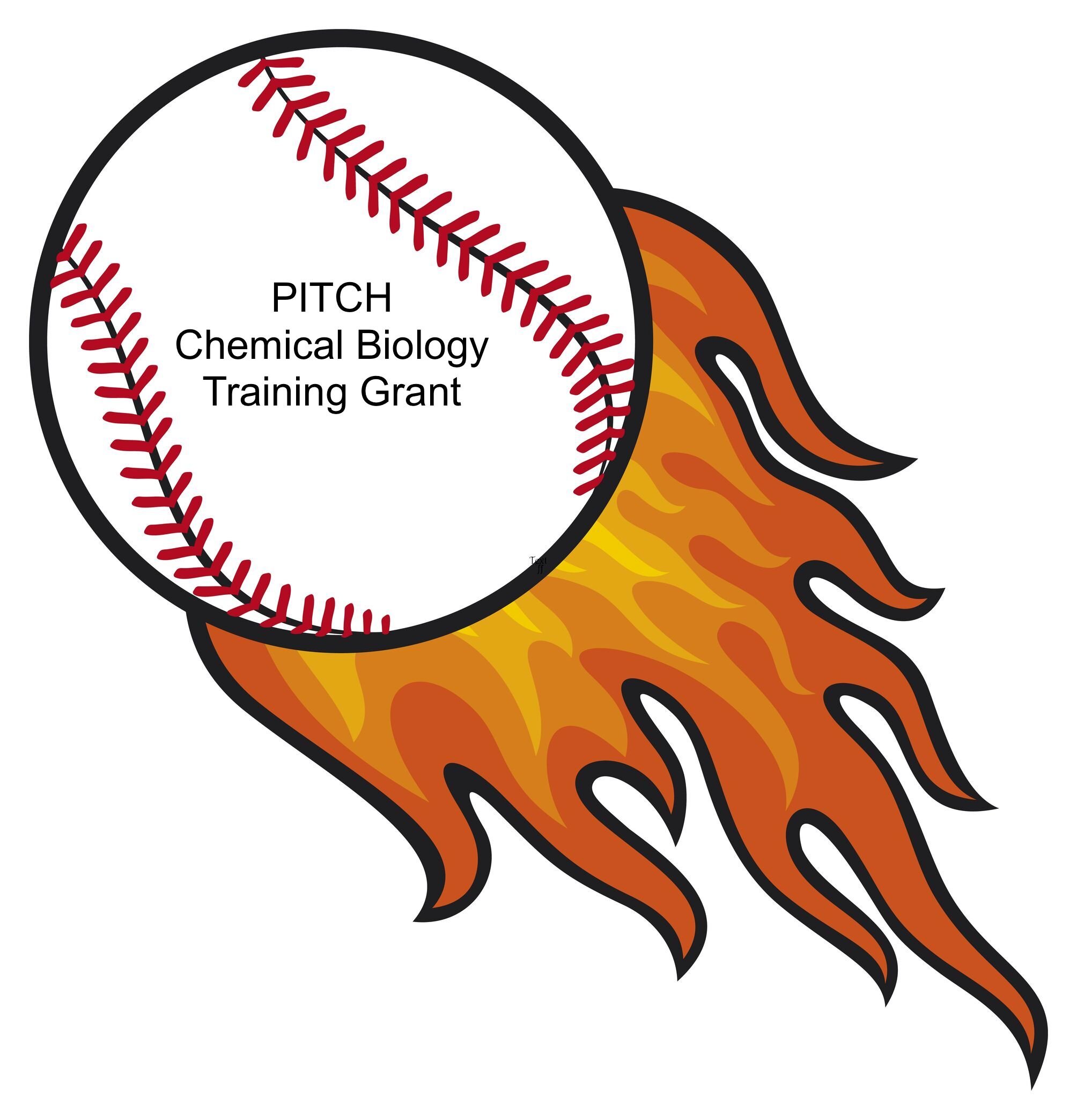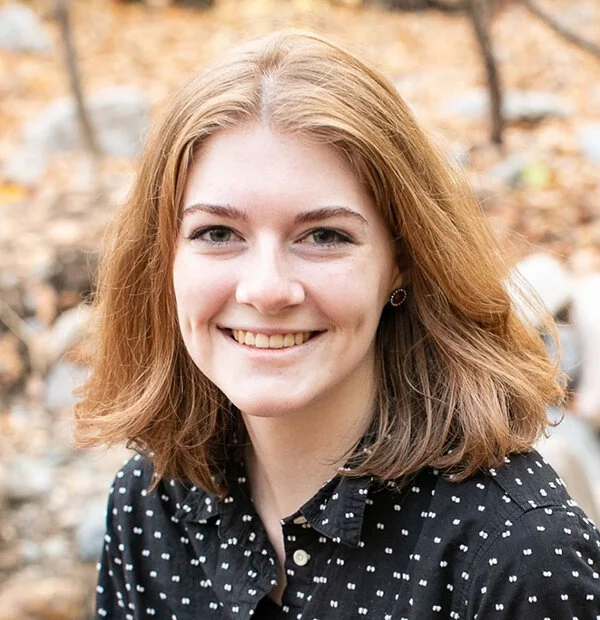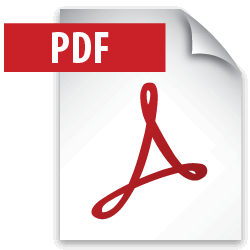Applications due noon 8/11/23 by email to Amity Mower (amity.mower@biochem.utah.edu) and must include:
1. Informational Cover Sheet
2. Your curriculum vitae with description of education and training (2-page limit)
3. A summary of your proposed thesis research project, consisting of the following sections (with recommended lengths, overall 2-page limit):
abstract: state your central problem or hypothesis and its big picture significance (1 paragraph)
background and significance: provide enough background information to understand the context of your work and why it is important (include relevant literature references) (<1 page)
experimental approach: list specific aims (typically 2-3) and the methods you will employ to accomplish them (including your current progress, if any, and alternate approaches) (<1 page)
overall impact: how will successful completion of your Aims impact the field? (1 paragraph)
Your proposal is limited to two pages, including figures and figure legends (not including references).
Use typical NIH formatting (11-point Arial font, single-spaced, and 0.5-inch margins).
Although the proposal must be written entirely by the student applicant, you are strongly encouraged to incorporate feedback from your thesis mentor and other colleagues.
4. A 1-page summary of your current career goals, explanation of co-mentor choice, and your interest in participating in PITCH (same formatting). Feel free to include any information that you feel would be useful to the selection committee (e.g., any special challenges you have encountered).
5. Unofficial copies of your undergraduate and graduate transcripts.
Submit Items 1-5 above as a single pdf file to amity.mower@biochem.utah.edu.
6. Two letters of support - one from your thesis advisor and the other from another faculty member who knows you well (can be your co-mentor). Letters should address the following points:
How the letter writer knows the applicant
Depth of knowledge
Skill level in the laboratory
Originality and creativity Interpersonal communication
Critical thinking and problem solving
Written and oral communication
Initiative, motivation, and perseverance
Students with two thesis mentors should designate one as their primary thesis advisor and may choose the other as their PITCH co-mentor (if their chemistry/biology expertise is complementary).
7. Signed co-mentor acceptance form (sent from your co-mentor).
Faculty letters/forms are due by noon 8/11 emailed directly to amity.mower@biochem.utah.edu.
PITCH policies
PITCH trainees must select a co-mentor with a complementary background to their thesis advisor. For example, students in biology-focused labs should pick mentors with relevant chemistry expertise. Co-mentors are expected to serve on your thesis committee.
The primary criteria for selection will be:
-academic excellence (particularly your graduate coursework)
-quality of the research proposal
-relevance of the proposed research to the field of Chemical Biology (broadly defined as any research at the interface of Chemistry and Biology).
The PITCH T32 is currently in a no-cost extension while the renewal application is reviewed. As a result, stipend support for the 1st year will be limited to $5000. If the T32 is renewed, a 2nd year of full NIH stipend support (currently $27,144) will be provided contingent on thesis progress and robust participation in PITCH activities (as evaluated by an annual progress report).
NIH requires that trainees be US citizens, noncitizen nationals, or permanent residents.
Non-resident trainees must apply for Utah residency as soon as possible (typically by the end of the 2nd year) to become eligible for in-state tuition.
Research Ethics: all trainees must complete the Research Ethics course prior to selection and complete refresher training every 4 years.
Participation in all PITCH activities is required for the rest of your graduate career including: annual retreat, monthly student dinners (PITCH Fork), interdepartmental seminar series, journal clubs, and outreach/recruiting activities.
Only one trainee per lab will be supported at a time (though additional trainees are eligible for an honorable mention). Applications will be accepted from labs with current PITCH-funded trainees (since this support will end on 8/31/23).
Trainees are required to update an Individual Development Plan (IDP) each year and review with their thesis mentor.
Primary thesis advisors must be PITCH mentors, but are welcome to apply to become a PITCH mentor concurrently with their student’s application. Co-mentors do not need to be approved PITCH mentors.
Thesis mentors are responsible for supplementing stipends up to the standard stipend level in your department. Because funding during this no-cost extension will be coming from PITCH reserve funds, Federal funds may be used for this supplement (not true when receiving direct NIH T32 stipend support)
Application deadline: August 11, 2023 (noon)


















